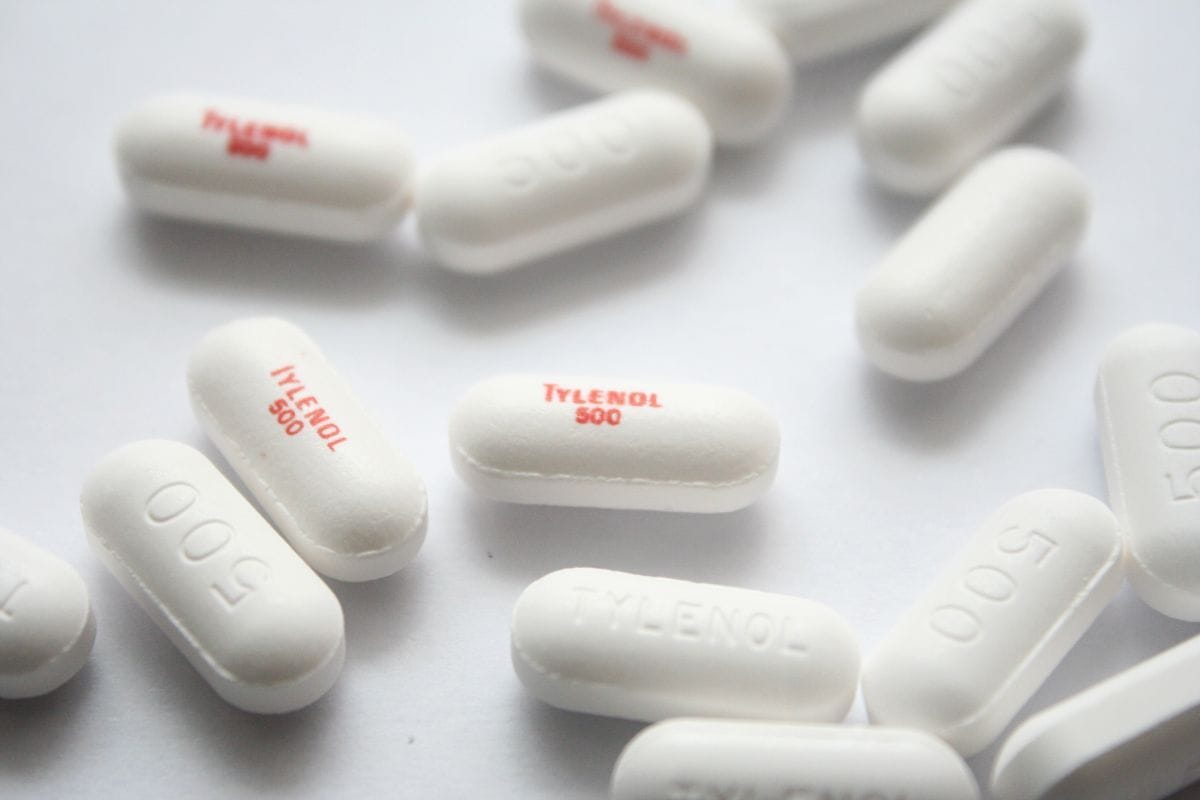Second Circuit Reconsiders Expert Exclusion in Tylenol Autism Litigation
Federal appellate judges weigh limits of judicial gatekeeping in high-profile acetaminophen autism suits.
Published on
A pivotal appellate review is underway concerning whether expert testimony should be reinstated in multidistrict litigation alleging that prenatal exposure to acetaminophen, the active ingredient in Tylenol, can cause autism spectrum disorder (ASD) or attention deficit hyperactivity disorder (ADHD).
Hundreds of families across the United States have asserted that drug manufacturers and retailers failed to warn consumers about potential neurodevelopmental risks associated with acetaminophen use during pregnancy. However, the entire proceeding came to a halt in 2023 when U.S. District Judge Denise Cote excluded all of the plaintiffs’ expert witnesses, finding their opinions unreliable and unsupported by mainstream scientific consensus.
On appeal, a Second Circuit panel heard oral arguments questioning whether Judge Cote’s ruling exceeded the proper limits of judicial gatekeeping under Daubert v. Merrell Dow Pharmaceuticals, Inc., the standard governing expert admissibility in federal courts.
Appellate Panel Questions District Court's Approach
During a 75-minute hearing, U.S. Circuit Judges Gerard E. Lynch, Guido Calabresi, and Eunice C. Lee scrutinized the reasoning that led to the exclusion of the plaintiffs’ experts. Much of the debate focused on the testimony of Dr. Andrea Baccarelli, dean of the Harvard T.H. Chan School of Public Health, who was retained by plaintiffs to assess epidemiological data concerning acetaminophen exposure.
Judge Lynch emphasized that a district court’s disagreement with an expert’s conclusions should not automatically render the testimony inadmissible. “It seems to me that Dr. Baccarelli is doing science. He's not doing nonsense, and he's not doing cherry picking,” Judge Lynch observed during the hearing.
Judge Calabresi echoed concerns about overreach, cautioning that the judiciary’s role is to ensure the soundness of methodology, not to settle scientific controversies. “All that matters is that people bring in evidence, so that then juries or courts may say, ‘This goes one way or the other,’” he remarked.
The Plaintiffs’ Argument for Reinstating Experts
Representing the plaintiffs, attorney Ashley Keller of Keller Postman LLC argued that Judge Cote’s exclusion of expert witnesses effectively stripped juries of their central fact-finding function. Keller contended that under Daubert, the focus should be on whether experts employ accepted scientific methods, not whether their findings align with prevailing scientific opinion.
“The judge does not play the starring role in our civil justice system,” Keller stated during arguments. “That is for juries. They get to ultimately decide the factual question of causation.”
Plaintiffs maintain that their experts—who include leading epidemiologists and toxicologists—relied on emerging scientific evidence suggesting a possible correlation between in utero acetaminophen exposure and certain developmental disorders. They assert that Judge Cote’s decision imposed an unduly high evidentiary threshold inconsistent with the flexible, relevance-based standard established by the Supreme Court.
Defense Position and Industry Response
Defense counsel Jay P. Lefkowitz of Kirkland & Ellis LLP defended the district court’s decision, asserting that the plaintiffs’ experts failed to apply reliable epidemiological techniques. “No scientist or regulator has ever concluded that acetaminophen causes ADHD,” Lefkowitz argued, describing Dr. Baccarelli’s approach as methodologically unsound.
Kenvue Brands LLC, the rebranded successor of Johnson & Johnson Consumer Inc., later issued a statement supporting Judge Cote’s exclusion order. “The science has not changed — rigorous research, endorsed by leading medical professionals, confirms there is no credible evidence that shows taking acetaminophen causes neurodevelopment disorders, such as autism and ADHD,” a company spokesperson stated.
Medical organizations have likewise resisted calls to alter acetaminophen’s risk profile, maintaining that the drug remains a safe and effective treatment for pain and fever during pregnancy when used as directed.
Regulatory and Public Health Implications
The litigation coincides with growing public scrutiny of acetaminophen safety following renewed commentary from political figures and federal agencies. In September, President Donald Trump publicly questioned the safety of acetaminophen use during pregnancy, citing studies referenced by Baccarelli and others.
While the U.S. Food and Drug Administration has initiated steps to review acetaminophen labeling, the agency has stopped short of asserting a causal connection between the medication and neurodevelopmental outcomes. In guidance to healthcare providers, the FDA advised minimizing unnecessary acetaminophen use during pregnancy but acknowledged that current evidence remains inconclusive.
The appellate panel’s decision could have sweeping consequences for pharmaceutical litigation, potentially redefining how courts evaluate scientific testimony in complex toxic tort cases. Should the Second Circuit reverse the exclusion, the Tylenol autism suits may be revived and remanded for further proceedings, reopening one of the nation’s most closely watched product liability controversies.
Case Details
Case Name: Tiffany Rutledge et al. v. Walgreen Co. et al.; Michelle Phippen et al. v. Johnson & Johnson Consumer Inc.
Court Name: U.S. Court of Appeals for the Second Circuit
Case Number: 24-916; 24-2594
Plaintiff Attorney(s): Keller Postman LLC


